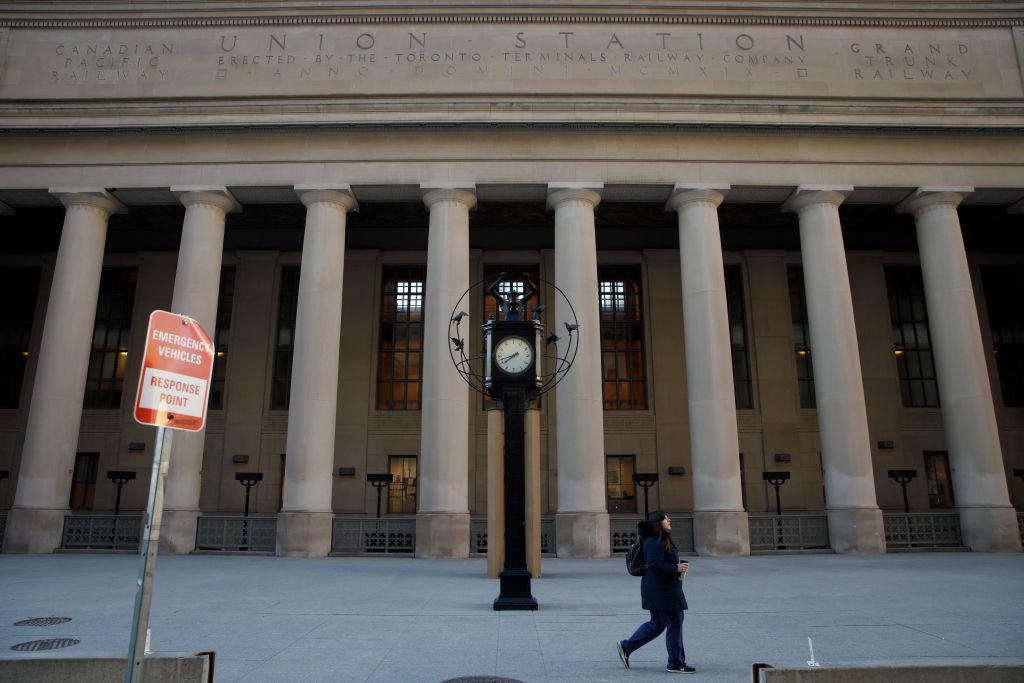Ontario MPPs have voted to end the biannual practice of changing the clocks for daylight saving time, but will await Quebec and the state of New York to sign on similar laws before making the change.
Bill 214, Time Amendment Act, 2020, which would make daylight saving time the standard time, passed the third reading stage on Nov. 25, 2020.





